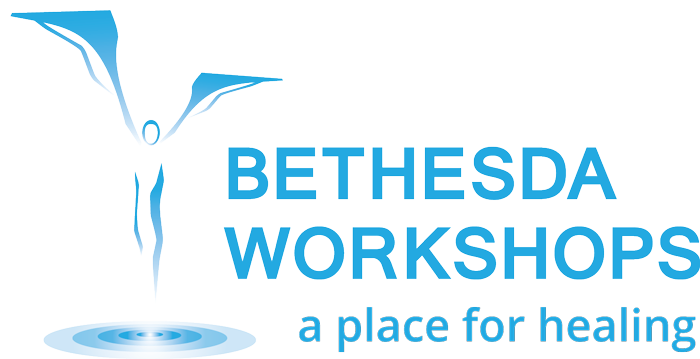Treatment Model
We use an eclectic theoretical approach which draws on the best of several treatment modalities. In simplest terms, we use a trauma-based model, which means that we believe trauma (in its broadest sense) is the root of compulsive sexual and relationship behavior. Simply stopping the problematic behavior isn’t enough without healing the woundedness that drives it.
Because we conceptualize sexual addiction as an intimacy disorder, we view the sexually addictive behaviors as merely symptomatic of deeper issues. Thus, our primary theoretical approach is to uncover and address those roots. In this sense, we use a psychodynamic, Bowenian model that considers family of origin as crucial in the development of adult beliefs and behavior.
We also come from a family systems approach, which is the foundation for our treatment of partners and couples’ recovery. Partners of addicts are NOT responsible for the addict’s behavior and have been deeply betrayed and often traumatized by it. At the same time, from a systems standpoint, each spouse is equally responsible for his/her personal health and each plays a part in the dynamics in the marriage. Each partner benefits by addressing his or her own patterns of relating. The first step for partners, though, is to be heard in their pain and to grieve the losses associated with the addiction.
Cognitive-behavioral therapy also has its place in addiction recovery. It’s a behavioral approach that insists on attendance at Twelve Step groups, the achievement of physical sobriety, or the maintenance of healthy boundaries. Cognitive therapy examines the false core beliefs of addicts and partners – the damaging messages received from their families of origin and the culture.
We’ve found that bibliotherapy is an extremely helpful adjunct to what happens in counseling sessions. We encourage clients to read recovery literature about addiction, codependency and woundedness. This material often generates insight and speeds progress.
We insist that addicts and partners both participate in a support group. (This step is especially hard for partners, who tend to isolate.) In addition to breaking isolation and reducing shame, group offers a fertile practice field for learning intimacy.
We also believe that healing happens in relationship, and therefore, the therapeutic relationship is key. Although we’re only with workshop participants a short time, we seek to establish a caring, supportive connection. We also are willing to speak the truth in love and aren’t afraid to challenge a client for the purpose of his or her growth. We seek to model God’s unconditional love and grace, while at the same time inspire the development of a more holy character.
